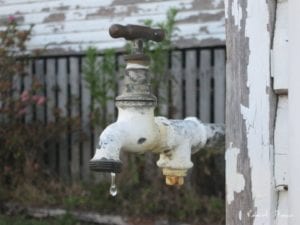Council for Scientific and Industrial Research (CSIR) researchers have warned that continued population and economic growth, combined with climate change, could result in serious water shortages in some parts of the country by 2025.
Speaking to the media last week, they said there was a range of actions – besides investments into large inter-basin transfer schemes – that could be taken to improve the prospects for water supply and quality. At the CSIR briefing, Dr James Dabrowski, the council’s principal researcher specialising in water quality and aquatic ecology, said that, with over 98% of South Africa’s available water resources already allocated across various sectors, the country could face a water deficit of between 2% and 13% by 2025, depending on economic performance, reported Polity, the news and information resource. These projections did not take water quality into account, despite the fact that water use was “dependent on both water availability and water quality”.Wastewater treatment facilities
A particular concern was the state of wastewater treatment facilities. According to Polity, the most recent Green Drop status report indicated that about half of the country’s 824 treatment works were in either a poor or critical condition. Dr Harrison Pienaar, the council’s water resource competence area manager, said the crisis lay with how South Africa’s water was managed. “At local government level there are serious challenges. We are not addressing inefficiencies,” he said.His colleague, Dabrowski concurred, and said the department’s recent release of a tender to develop an Integrated Water Quality Management Strategy was a welcome development.
Dr Marius Claassen, the principal researcher for resource-specific scientific measures, said the country needed to begin identifying its “preferred water roadmap and taking active steps in achieving it”. A patient, methodical approach would be required, with “quick wins” eschewed in favour of long-term sustainability. –SouthAfrica.info







